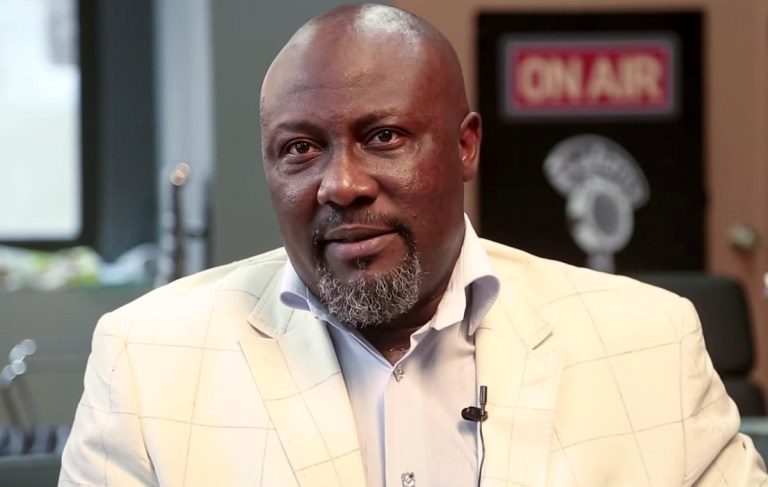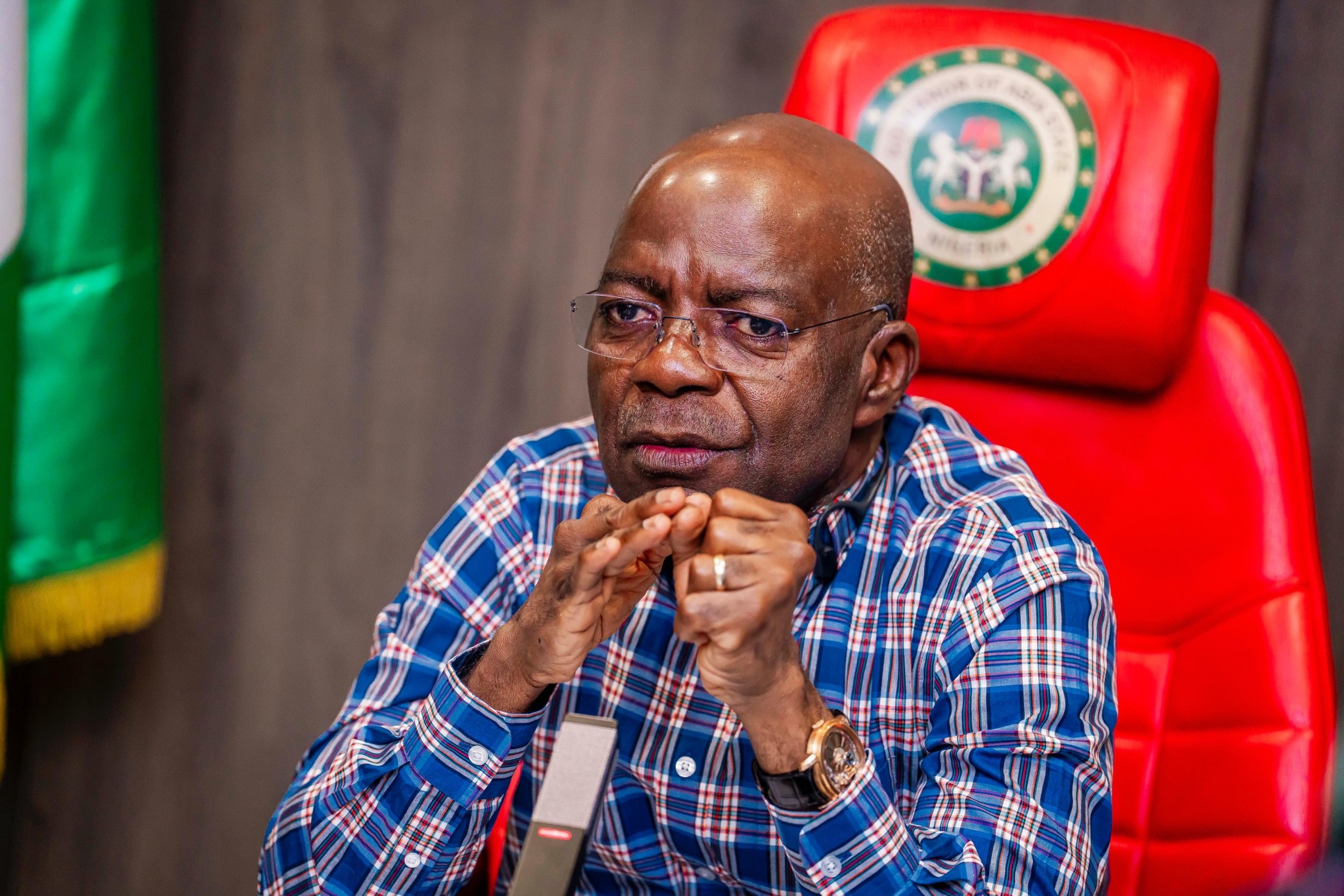By Ugo Inyama
Nigeria’s federal government has announced plans to disburse ₦54.9 billion in August 2025 to more than 2.1 million households under the Conditional Cash Transfer (CCT) programme. Alongside this, the Government Enterprise and Empowerment Programme (GEEP) will extend ₦300,000 interest-free loans to about 21,000 smallholder farmers, with the aim of boosting food security through dry-season farming (Federal Ministry of Humanitarian Affairs, 2025). On paper, these interventions appear bold, compassionate, and timely—especially at a moment when inflation continues to squeeze households and hunger gnaws at millions.
But behind the headline figures lies a familiar challenge. Since the introduction of the National Social Investment Programme (NSIP) in 2016 and the palliatives of the COVID-19 era, cash transfers and loans have been widely promoted as instruments of poverty relief (World Bank, 2021; IMF, 2022). Yet poverty levels remain persistently high. The National Bureau of Statistics (NBS, 2023) reports that more than 133 million Nigerians—over 60% of the population—are living in multidimensional poverty. The World Bank (2024) further notes that rising inflation, food insecurity, and weak job creation continue to push millions below the poverty line, despite successive interventions.
The challenge is not the absence of programmes but the way they are designed and sustained. Cash transfers, while important in easing immediate hardship, rarely bring about lasting change on their own. In many cases, they are distributed unevenly, exposed to political influence, or weakened by limited monitoring and evaluation systems (Transparency International, 2023). Similarly, credit facilities for farmers can provide short-term relief, but without reliable access to markets, storage, extension services, and irrigation, loans alone are unlikely to translate into sustained agricultural productivity (FAO, 2024).
Scale is also a major constraint. Although ₦54.9 billion appears significant, when divided across 2.2 million households, it translates to just over ₦25,000 per family—barely enough to cover food needs for a household of five for a month under current prices (NBS Food Price Watch, 2025). This illustrates the difficulty of achieving durable poverty reduction at national level when resources are spread so thinly.
Fiscal realities complicate matters further. In 2024, debt servicing accounted for 68% of federal revenues (DMO, 2024). With such limited fiscal space, social investments are often presented as temporary relief measures rather than as part of a long-term development strategy. At the same time, Nigeria receives more than $20 billion annually in diaspora remittances (World Bank, 2024), a flow that already surpasses foreign aid. Yet these funds are largely disconnected from official poverty-alleviation frameworks. If channelled through matched savings schemes or community investment initiatives, remittances could become a more stable complement to government programmes.
The political economy of social interventions also shapes their impact. Relief packages are often introduced or expanded during electoral cycles, and in some cases, the process of identifying beneficiaries is influenced by partisan considerations rather than transparent, needs-based registries (BudgIT, 2023). This creates perceptions that welfare is a political tool rather than a social contract. Such dynamics reduce trust and undermine the legitimacy of otherwise valuable programmes. For interventions to be credible, they must be insulated from political manipulation and embedded within permanent institutions.
To improve effectiveness, three broad shifts are necessary. First, targeting and transparency should be enhanced through digital identity systems, ensuring that assistance reaches the poorest households with minimal leakage (World Bank ID4D, 2023). Second, cash transfers should be complemented by sustained investments in education, healthcare, and nutrition to address structural drivers of poverty and prevent its transmission across generations (UNDP, 2024). Third, empowerment loans must be linked to wider reforms in agriculture and small enterprise development, enabling recipients to transform credit into sustainable livelihoods (African Development Bank, 2024).
Nigeria’s social protection programmes are valuable in cushioning hardship, but their effectiveness should not be measured only by the billions disbursed. The more fundamental question is whether they create opportunities for households to move beyond subsistence. The way forward requires aligning short-term support with long-term structural transformation—so that poverty relief is not simply a cycle of temporary alleviation followed by renewed vulnerability, but a genuine pathway toward resilience and shared prosperity.
*Ugo Inyama writes from the African Digital Governance Centre, Manchester, UK.
www.africandgc.org
The post Billions Spent, Poverty Persists: Unraveling Nigeria’s Relief Paradox and the Road Ahead appeared first on THISDAYLIVE.


